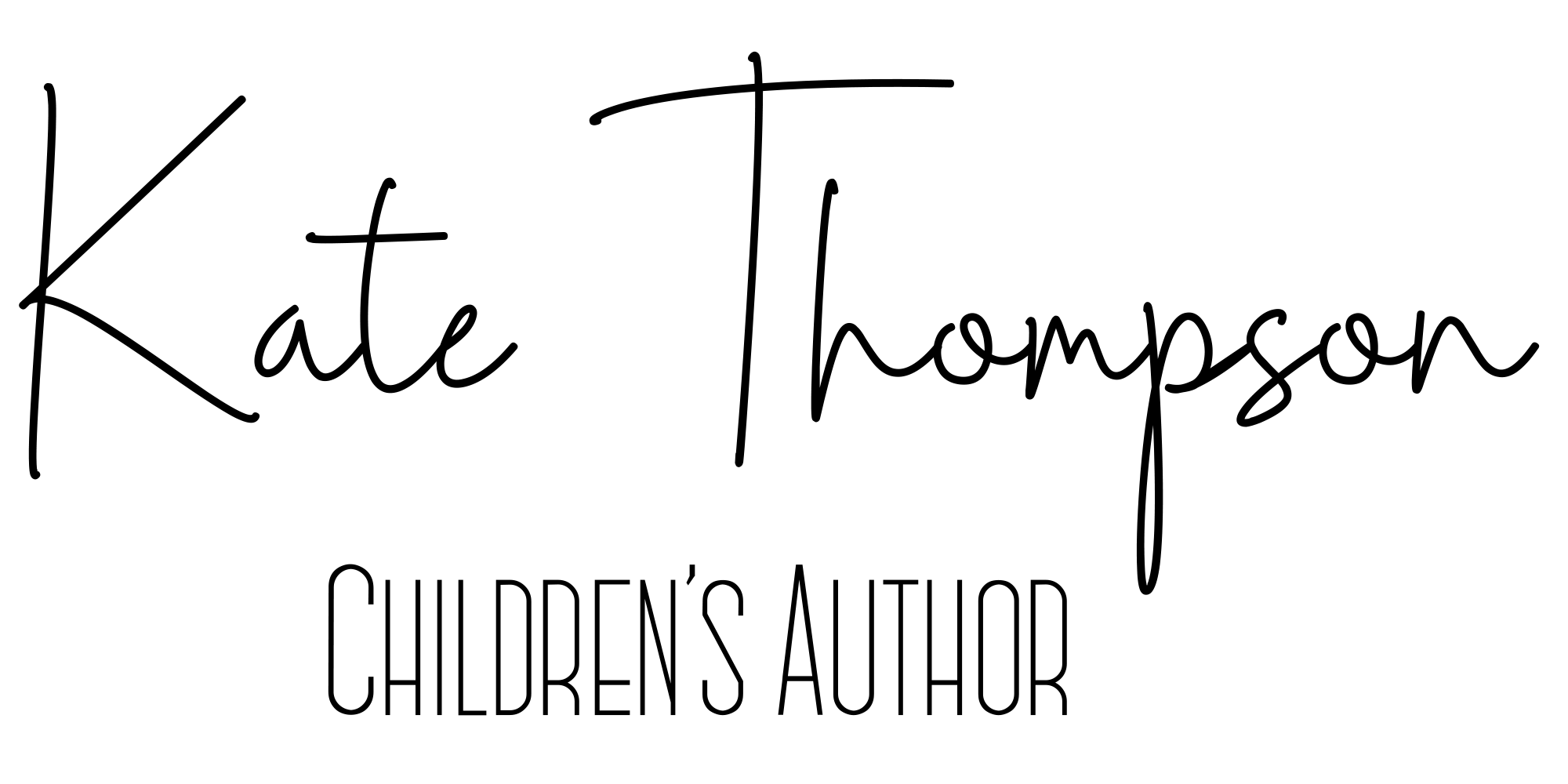In the midst of a global pandemic, with around a third of the world’s population currently under lockdown, it suddenly feels much more difficult to sit down and create stories.
My writing time has, for the moment at least, been entirely replaced by caring for and schooling two young children. My brain is overflowing with coronavirus updates, worries about the safety of loved ones, and concerns about securing enough food to feed my family. This doesn’t leave much (if any) room for creativity and writing.
Hearing about all the awful things people are going through, I am all too aware that writing is (for me at least) a luxury. Until I secure that evasive mega-bucks book deal (I can dream!), 99% of our family’s income is generated by my husband. I am so fortunate that, as things stand, my family is healthy and able to stay socially segregated. So, it seems wrong to feel frustrated by simply an inability to write.
However, I am still a writer. I want to create new joyful stories for children and parents to enjoy once this is over. And even if those stories never make it further than my own notebook, the act of writing is cathartic; it brings me joy. And surely, anything that boosts your mental health in the current climate should be a priority.
But what to do when all your creativity seems to have disappeared?
1. Know that you are not alone
We are so fortunate to have a wealth of technology available to keep us connected with other people, even though we are socially segregated. Write, telephone, message, or video call your friends and family. Stay connected, share experiences and laugh together. If you are feeling low, talk to someone.
The writing community on social media is still as active as ever. Twitter is full of fellow writers sharing their own experiences. Over the last few days, I have read countless tweets from writers saying that writing, and even reading, seems too difficult at the moment. So, if this is something you are suffering with, know that you are not alone.
2. Read more
If writing seems too difficult, try re-focussing on reading (if that feels right for you). Be kind to yourself and be flexible about your choice of books. Your world has gone through a major shift, so the books you enjoyed two weeks ago may no longer feel ‘right’.
3. Keep a diary
I have never been good at diary writing. I have dozens of diaries from various periods of my life which have one or two enthusiastic entries followed by blank pages. However, as the news never tires of telling us, this situation is ‘unprecedented’. Keeping a diary will provide you with a personal record of this time. You may even find it helps you get back into the writing zone.
Diary writing is also a great way to unwind and release creative writing energy at the end of each day. You can even use it to boost your mental health by taking the time to focus on and record things you are grateful for each day, no matter how small.
4. Try free-writing
I sometimes use free-writing to ‘warm up’ before a writing session. If writing currently feels like wading through treacle, it could be worth a try. At the very least, it’s a liberating writing experience.
All you have to do is write continuously for a set time (maybe start with 5 or 10 minutes). Write about whatever comes to mind, even if it is a nonsensical flow of words – the important thing is that you’re writing! If you have a particular theme you want to write about, you can try this exercise with this theme or prompt in mind and see if it loosens up the flow of writing.
5. Brainstorm ideas
Whenever I have less time to write, I tend to enter idea-generating mode.
If you have children at home with you, they are likely to gift you with countless fantastic story and character ideas over the coming weeks and months.
Additionally, there are hugely unique events and inspiring stories unfolding around the world. They all have the potential to inspire incredible books.
Write down every idea. They will be waiting for you when your writing pizazz returns.
6. Edit stories
You may find that editing existing stories is easier than creating new stories from scratch. This could be the opportunity you’ve been waiting for to finally polish all your WIPs into top shape!
7. Do creative writing activities with your kids
If you suddenly find yourself homeschooling your children, build in creative writing sessions to your week. Get creative together!
Read a favourite book and ask your children to write new adventures or characters based upon the story.
Choose a writing or drawing prompt and see what amazing characters and stories you all create.
Create recipes, junk modelling activities or science experiments based on books.
Have fun with stories and you may find yourself inspired!
8. Create in a different way
If writing feels too hard, why not try a different form of creativity? Doodle, sketch, paint, dance, act, mime or whatever takes your fancy! It will all help boost your mental health!
9. Relax – this too shall pass
Be kind to yourself. It may be that writing has to be put to one side for the moment, and that is perfectly okay. Your stories will still be there waiting for you when you have the time and energy to pick them back up again.

